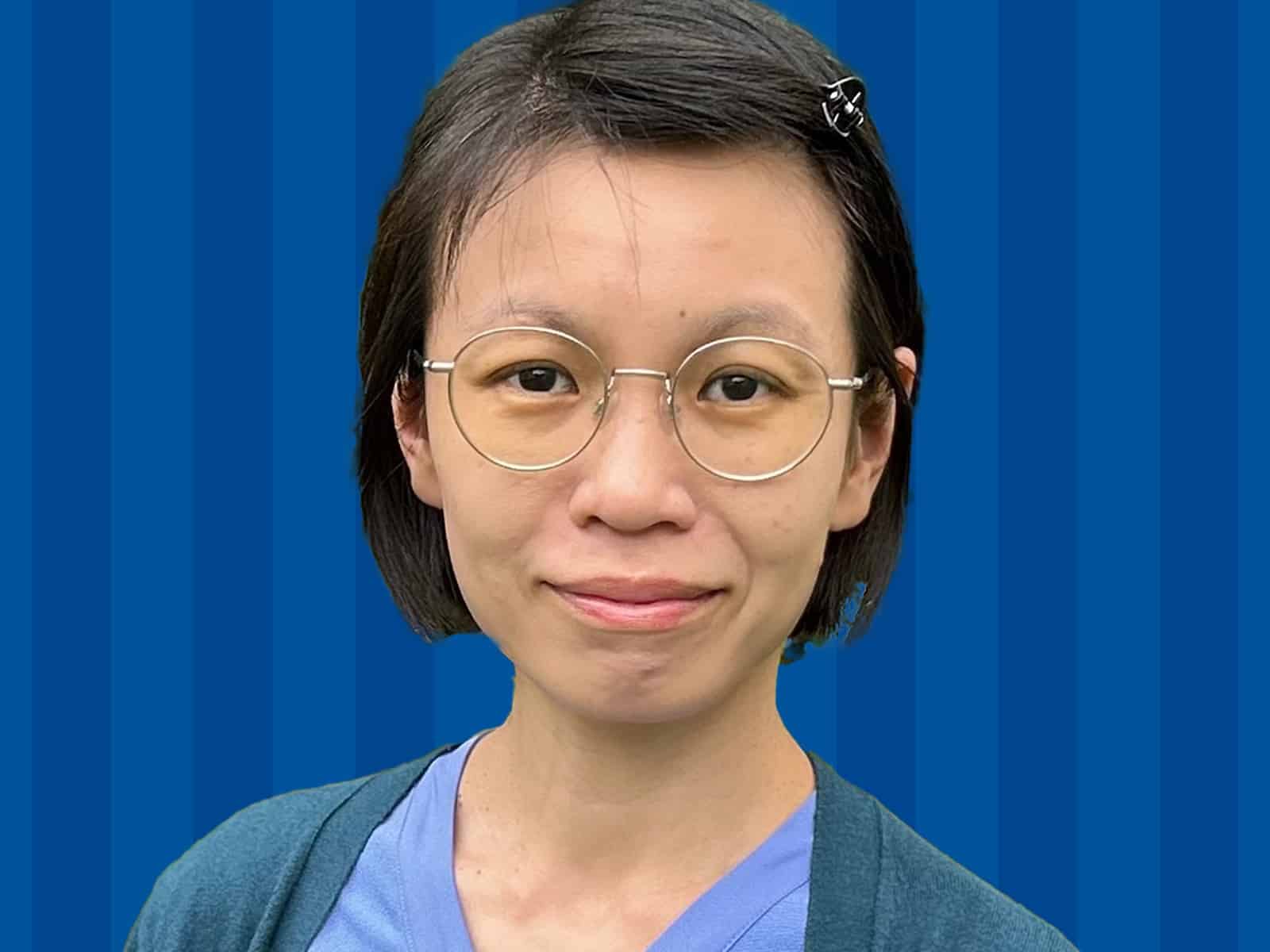
Cameron Kim Receives Competitive Research Education Program Grant
Kim will use the R25 grant to develop programs that help students learn how to integrate biotechnology tools into clinical environments
Loh is recognized for her work in neutral atom quantum computer systems.

Huanqian Loh, assistant professor of electrical and computer engineering and physics, has been awarded the Alfred P. Sloan Research Fellowship in Physics.
The Sloan Research Fellowship Program recognizes and rewards outstanding early-career faculty who have the potential to revolutionize their fields of study. Awarded annually since 1955, the fellowships honor exceptional US and Canadian researchers whose creativity, innovation and research accomplishments make them stand out as the next generation of leaders. Loh will receive a two-year, $75,000 fellowship to help advance her research.
“The Sloan Research Fellows represent the very best of early-career science, embodying the creativity, ambition and rigor that drive discovery forward,” said Adam F. Falk, president of the Alfred P. Sloan Foundation. “These extraordinary scholars are already making significant contributions, and we are confident they will shape the future of their fields in remarkable ways.”
Loh came to Duke in 2024 with broad experience in quantum computing technologies. Her expertise is in neutral atom systems, a new dimension to the growing capabilities of the Duke Quantum Center (DQC). She leads a team that builds defect-free atom arrays for quantum simulation, quantum computation and quantum sensing. These neutral atom systems are controlled by optical tweezers, which use a highly focused laser to create a tight trap that can keep a single atom at its focal point.
In their recent work, her team probed counterintuitive aspects of fundamental processes like how quantum systems reach thermal equilibrium. Loh’s work opens a path for controlling quantum information dynamics and can be applied to develop more efficient quantum algorithms and tailored quantum sensors.
As a principal investigator, Loh has been recognized as a L’Oreal-UNESCO For Women In Science International Rising Talent and has served on the World Economic Forum Global Future Council on Quantum Computing.

Kim will use the R25 grant to develop programs that help students learn how to integrate biotechnology tools into clinical environments

Padilla was honored for his contributions to the field of metamaterials, including perfect absorbers and active devices.

Hai “Helen” Li and Aaron Franklin, two innovative and pioneering electrical and computer engineers, receive one of the top honors for academic inventors.